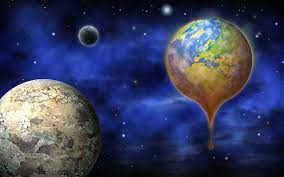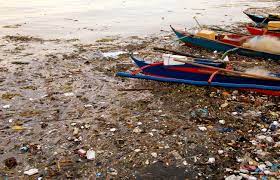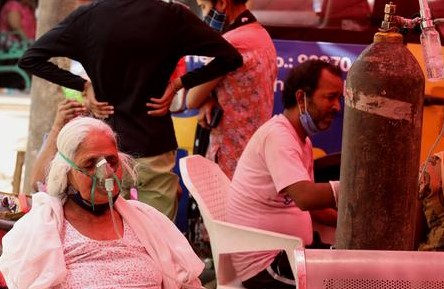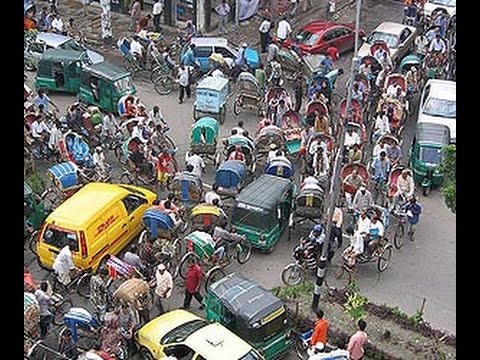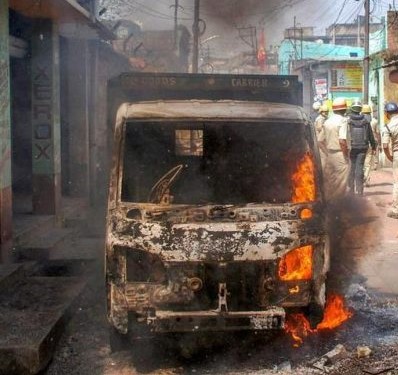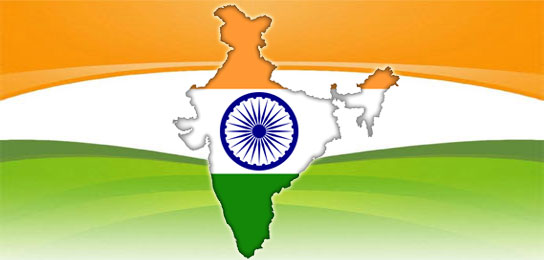
On this auspicious occasion ; the 75th year of independence, we need to look at ourselves objectively as to how successful we have been as a society , as a nation and ask ourselves - have we been able to fulfill the dreams that our forefathers had envisioned on the eve of independence.
When we look around and compare ourselves with nations that got freedom along with us, we find that few of them have gone ahead but many of them are still struggling – politically, economically and socially, they have still not come to terms with the situation.
Snake Charmers to 3 Trillion Economy; A Remarkable Journey of 75 years
We were then, in 1947, known in the world as a country of snake charmers. The Government in 1947, had inherited a poor, deprived, and a largely illiterate India (almost 88% were illiterate) from Britishers. It hardly had any industry, a scarce road network and public transport system, inadequate medical infrastructure, millions of refugees and a society which had just witnessed genocide, for instance ;
We could then produce barely 1300 MW electricity, that could lit barely 9 lac homes and now we have 3,83 000MW that lits almost whole country. We then had 2 Steel plants and now we have 1150 plants that have made India the world’s second largest steel producer.
Now we have a huge industrial base, we have democratic institutions in place which ensure that governance does take place, we have made tremendous accomplishment in the space arena and in technology as well. Our educational institutions have produced some of the finest young men who are today occupying the top positions at World bank, IMF , and are CEOs of top ranking fortune 500 companies ; Gita Gopinath, Sundar Pichai, Satya Nadela, Leena Nair, Indira Nooyi, Arvind Krishna, Sanjay Mehrotra and many more.
We have also been at the forefront in the field of art and cinema too and our artistes have earned international fame and not to leave sports both our men and women are now delivering results and have earned laurels at the international level.
So, one can state, with confidence, that we have grown slowly but surely. Its been a remarkable journey and we must congratulate ourselves for these achievements because they did not come easily. We faced external invasions, numerous separatist movements, strikes by trade unions, famines and food shortages, but we kept moving relentlessly and kept India’s unity and integrity intact.
This is an ample proof that our forefathers laid a strong foundation and the generations to come have benefited from that. Often it is said; when one starts a new enterprise, it’s the future generations who enjoy its fruits.
Lets not take Freedom for Granted.
Notwithstanding the above, let’s not forget on this auspicious occasion, what Ronald Reagan had said;
“Freedom is never more than one generation away from extinction. The Freedom is not passed to our children in the bloodstream. It has to be fought for, protected, and handed on for them “.
This implies that Freedom, should not be taken for granted and every generation has to work to preserve that freedom and pass it on to the next generation to do the same.
In that sense are we doing enough?.
Add a comment
